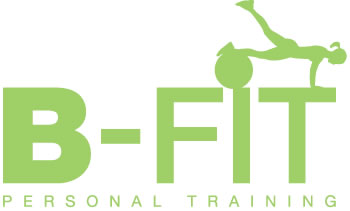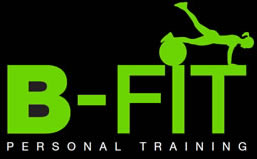During perimenopause, it’s not uncommon for many women to experience low energy and mood.
Deficiencies in the 3 nutrients, which I’m about to cover, also cause dizziness, fatigue, and headaches. These symptoms are all indicators that something is off internally.
In our stressed, fast-paced world where food is nutritionally depleted, deficiencies are sadly commonplace.
Remember food is digested and broken down into macronutrients (protein, carbs, and fats) and micronutrients (vitamins and minerals). Each nutrient is essential and responsible for activities in the body that keep us healthy and alive.
They’re called essential because the body can’t produce them alone. Instead, they need to be consumed through food. Therefore, having a broad and balanced diet is key to attaining all these nutrients. When we aren’t getting the right nutrients for our daily needs, the essential functions they support in the body start to dwain. Your health starts to dip and those nagging symptoms raise their head.
Working out exactly what nutrient you are deficient in can be a lengthy process. Medical science has done a lot of research and identified that the most common nutrient deficiencies are Zinc, Iron, and Magnesium.
Let’s take a closer look at these …
ZINC
Zinc feeds the immune system and is very important to overall health. Sadly, most people are zinc deficient. If we don’t have enough zinc our body may overreact or underreact to an invader such as a virus. When there’s an abundance of this trace mineral these reactions rarely take place. Zinc is also an essential component of more than 300 enzymes and supports a wide range of health benefits including good immune function, tissue healing, and repairing wounds. It’s also an antioxidant that contributes to the protection of cells from oxidative stress.
CLICK HERE TO ORDER YOUR ZINC NOW
The good news is there’s an abundance of zinc-rich foods that can bring you back to health. These include pumpkin seeds, hemp seeds, chickpeas, lentils, cashews, mushrooms, spinach, avocado, grass-fed meat, pasture-raised dairy products, and oysters.
IRON
It is estimated that 80% of the population suffers from iron deficiency and 30% from anaemia, which is a more chronic iron deficiency. One of the most noticeable symptoms of iron deficiency is fatigue and lack of energy. Other symptoms can be weakness, pale skin, shortness of breath, dizziness, headaches, brittle nails, fast heartbeat, cold hands and feet.
There are many plant-based and animal sources of iron such as spirulina, legumes, dark green leafy vegetables, pistachios, seeds, quinoa, broccoli, dark chocolate, raw cacao powder, shellfish, grass-fed liver and organ meats, grass-fed red meat, pasture-raised poultry, tuna, sardines, and eggs.
It’s also important to eat your iron with vitamin C to help absorption.
CLICK HERE TO ORDER YOUR VITAMIN C NOW
MAGNESIUM
Magnesium is perhaps one of the most overlooked minerals. Many people are deficient in it which is concerning as it’s responsible for many key enzymatic reactions in the human body.
Symptoms of a mild deficiency aren’t noticeable as the body has mechanisms to preserve stores, but interestingly severe deficiency can be a result of alcohol consumption, the use of certain medications, or malabsorption – all elements of a modern lifestyle.
Magnesium-rich foods include plant-based sources such as green leafy vegetables, dark chocolate, raw cacao powder, sunflower seeds, cashews, flaxseeds, almonds, amaranth, buckwheat, black beans, avocado, quinoa, and spirulina.
CLICK HERE TO ORDER YOUR MAGNESIUM NOW
If you’re experiencing any of these symptoms/deficiencies or indeed any other health-related or nutritional issues, do get in touch by emailing GAYNOR@B-FIT.UK.COM or you can call/text me on 07748 298728 for a FREE consultation.
Love Gaynor x





